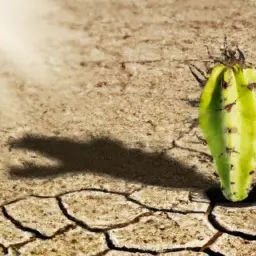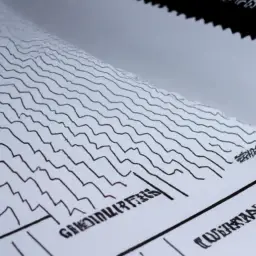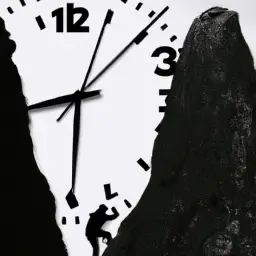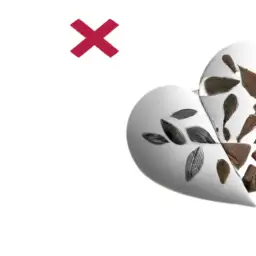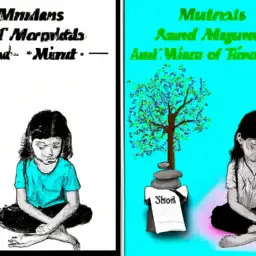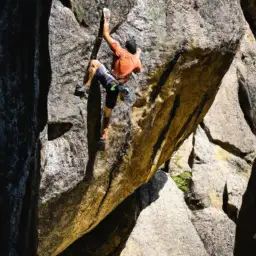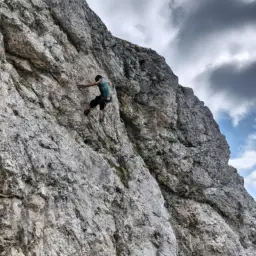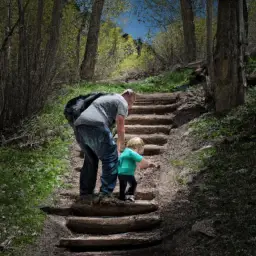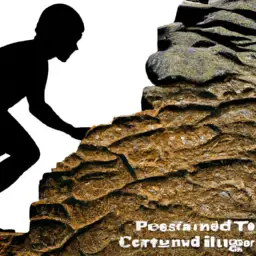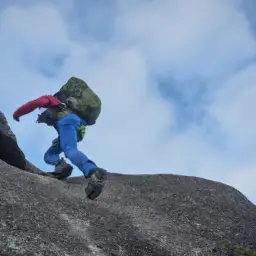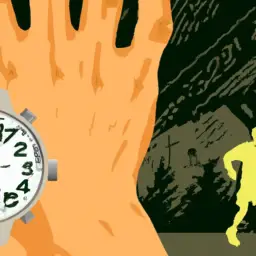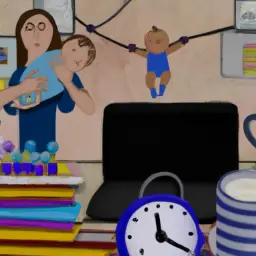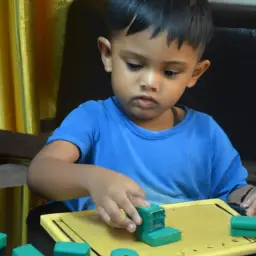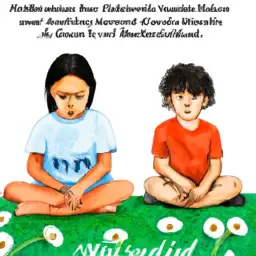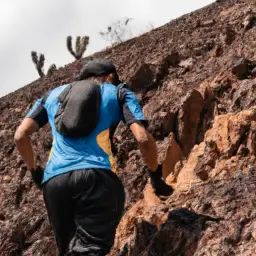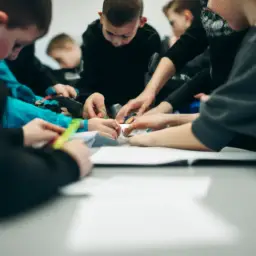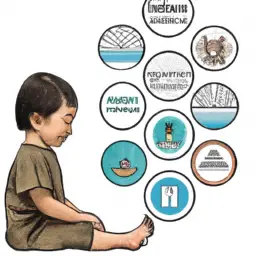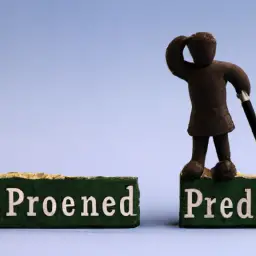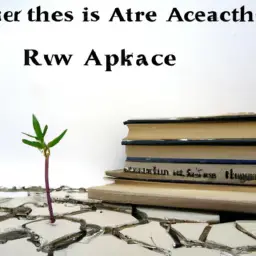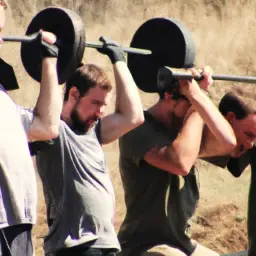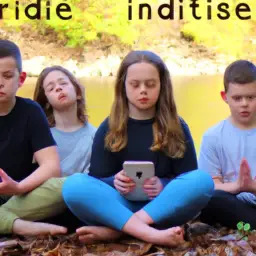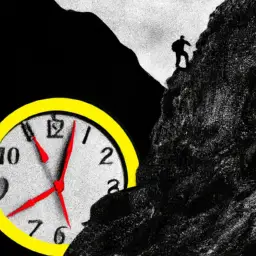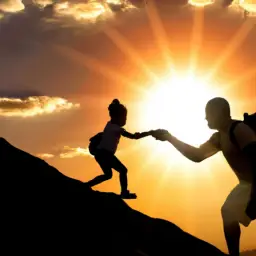Do you ever wonder why some people seem to have more persistence and resilience than others? It turns out that grit, defined as the combination of passion and perseverance for long-term goals, is a personality trait that can be developed and influenced by different environments.
In this article, we will explore how competitive and collaborative environments can shape the development of grit and provide strategies for cultivating grit in different contexts.
Competitive environments are often associated with high-stakes situations where individuals are pitted against each other to achieve a goal. This could be in the context of sports, academics, or the workplace.
On the other hand, collaborative environments emphasize teamwork, cooperation, and collective achievement. Both environments have their pros and cons when it comes to developing grit. By comparing the two, we hope to gain a deeper understanding of how grit is influenced by different types of environments.
So, let’s dive in and explore the world of grit and its relationship with competition and collaboration.
Key Takeaways
- Both competitive and collaborative environments have pros and cons for developing grit.
- Collaboration promotes a positive and supportive environment that encourages individuals to persevere through challenges and setbacks, fostering grit.
- High pressure, individualistic competitive environments can lead to burnout and decreased grit, while team-based competitive environments can enhance grit through accountability and support from teammates.
- Cultivating a growth mindset and a willingness to learn and improve is essential for developing grit in both competitive and collaborative environments.
Understanding Grit as a Personality Trait
Grit, as a personality trait, is all about perseverance and passion, and it’s what makes some people stand out from the crowd. Measuring grit can be challenging because it involves capturing both persistence and consistency of interest.
One way to measure grit is through the Grit Scale, a questionnaire that measures an individual’s level of perseverance and passion for long-term goals.
Grit as a predictor has been studied in various fields, including education and sports. In education, studies have shown that students with higher levels of grit are more likely to achieve academic success, even when faced with challenging situations. In sports, grit has been linked to better performance and a greater likelihood of success.
Understanding grit as a personality trait can help individuals develop the resilience and motivation needed to achieve their long-term goals, whether in competitive or collaborative environments.
The Influence of Competitive Environments on Grit
As you navigate the challenges of a competitive setting, your determination and perseverance are put to the test. The effects of pressure and motivation on grit in competitive settings cannot be ignored. It’s often said that competition brings out the best in people, but it can also reveal their weaknesses. When there’s pressure to perform and outdo others, it’s easy to become discouraged and give up. However, those who possess grit are able to withstand the pressure and remain focused on their goals.
To better understand the impact of competitive environments on grit, consider the following table:
| Competitive Environment | Effects on Grit |
|---|---|
| High pressure, individualistic | Can lead to burnout and decreased grit |
| Moderate pressure, team-based | Can enhance grit through accountability and support from teammates |
On the other hand, social support and teamwork in collaborative environments have a positive impact on grit. When working together towards a common goal, individuals are more likely to persevere through challenges and setbacks. In such environments, there’s a sense of camaraderie that encourages individuals to push through difficult tasks. As a result, grit is enhanced and individuals are better able to achieve their goals.
The Influence of Collaborative Environments on Grit
Working together towards a common goal can foster a sense of camaraderie that encourages individuals to push through difficult tasks and enhances their ability to achieve their goals. Collaboration allows individuals to pool their resources and skills, creating a more efficient and effective problem-solving environment. This type of environment can also help individuals develop grit.
Here are some benefits of collaboration and drawbacks of competition for grit development:
-
Collaboration promotes a positive and supportive environment that encourages individuals to persevere through challenges and setbacks.
-
Collaborative environments can foster a sense of accountability and responsibility towards the team, which can motivate individuals to work harder and take on more challenging tasks.
-
Competition, on the other hand, can create a cut-throat and hostile environment that can hinder grit development. Individuals may become too focused on winning and beating others, rather than on learning and growing from their mistakes.
-
In a collaborative environment, individuals can learn from each other’s strengths and weaknesses, which can help them develop their own grit. In contrast, in a competitive environment, individuals may be too afraid to ask for help and may become isolated, hindering their ability to develop grit.
The impact of leadership style on fostering grit in collaborative environments also plays a significant role. Leaders who promote a positive and supportive environment, encourage open communication and collaboration, and provide opportunities for growth and development can foster a sense of grit among team members. On the other hand, leaders who are authoritarian, critical, or dismissive may hinder grit development by creating a negative and oppressive work environment.
Therefore, it’s important for leaders to foster a collaborative and supportive environment that encourages individuals to take risks, learn from their mistakes, and develop grit.
Comparing the Development of Grit in Competitive and Collaborative Environments
You’ll love exploring the differences in developing perseverance in teamwork versus individualism. When it comes to grit in sports, it’s often said that a competitive environment is necessary for athletes to develop the resilience and determination needed to succeed. However, recent studies have shown that a collaborative environment can also foster grit in athletes. In fact, working closely with a team can enhance an athlete’s sense of purpose and belonging, which can in turn increase their motivation and drive.
So, how do competitive and collaborative environments compare when it comes to developing grit? Let’s take a look at the table below to get a better idea:
| Competitive Environment | Collaborative Environment | |
|---|---|---|
| Pros | – Encourages individualism and self-reliance | – Enhances sense of belonging and purpose |
| – Fosters a strong work ethic | – Increases motivation and drive | |
| Cons | – May lead to burnout and stress | – Can result in a lack of accountability |
| – May discourage teamwork and cooperation | – May result in less individual recognition |
As you can see, both competitive and collaborative environments have their pros and cons when it comes to fostering grit in athletes. While a competitive environment may encourage individualism and a strong work ethic, it can also lead to burnout and discourage teamwork. On the other hand, a collaborative environment can enhance a sense of purpose and belonging, but may result in less individual recognition. Ultimately, it’s up to the athlete to decide which environment is best suited to their personality and goals.
Strategies for Cultivating Grit in Different Environments
To develop resilience and determination, athletes can implement various techniques depending on the environment they’re in.
In collaborative environments, it’s crucial to understand the value of teamwork and how it can help you achieve your goals. Collaborative strategies include setting common goals, developing trust, and sharing responsibilities. By setting common goals, you can work towards a shared objective and stay motivated to succeed together. Developing trust with your teammates is also essential to creating a supportive environment where you can rely on each other. Sharing responsibilities can also help you build grit by allowing you to learn from each other’s strengths and weaknesses.
On the other hand, in competitive environments, individual motivation is key to developing grit. Strategies for cultivating grit in competitive environments include setting personal goals, focusing on your strengths, and learning from your failures. By setting personal goals, you can stay motivated to improve and succeed despite the competition. Focusing on your strengths can also help you build grit by allowing you to maximize your potential. Additionally, learning from your failures can help you develop resilience and determination by turning setbacks into opportunities for growth.
Ultimately, whether you’re in a collaborative or competitive environment, having a growth mindset and a willingness to learn and improve is essential for cultivating grit.
Frequently Asked Questions
What is the definition of grit?
Grit is a term used to describe an individual’s perseverance and determination towards achieving long-term goals. It is an essential characteristic for personal development because it allows individuals to overcome obstacles and challenges that may arise during the pursuit of their goals.
The definition of grit includes qualities such as passion, resilience, and a growth mindset. Having grit means being able to bounce back from failures and setbacks, and to keep moving forward despite the difficulties.
In short, grit is an important attribute that can help individuals achieve their goals and lead successful lives.
How does grit relate to other personality traits such as resilience, perseverance, and determination?
When it comes to grit, it interplays with other personality traits such as resilience, perseverance, and determination. These traits are closely related, and they all contribute to one’s ability to stick to goals and overcome obstacles.
Grit, however, goes beyond these traits as it involves a strong passion and a long-term commitment to one’s goals. Additionally, one’s level of grit is influenced by motivation and emotional intelligence.
Having a high level of grit can positively impact mental health and well-being, as it allows individuals to push through challenging situations without giving up. Therefore, it’s essential to cultivate grit and other related traits for personal growth and development.
Can grit be taught or is it solely a personality trait?
You may be wondering if grit is solely a personality trait or if it can be taught. The answer is that grit can be taught through various teaching strategies.
Personal experiences can also play a role in developing grit. For example, facing challenges and overcoming them can help build resilience and perseverance, which are key components of grit.
Additionally, teachers and mentors can provide guidance and support in developing grit by setting challenging goals, providing feedback, and encouraging a growth mindset.
So, while grit may have some innate qualities, it’s not solely a fixed personality trait and can be developed through intentional efforts.
How do individual differences in grit affect performance in competitive and collaborative environments?
When it comes to individual differences in grit, your level of motivation can play a significant role in how well you perform in both competitive and collaborative environments. If you’re highly motivated, you’re more likely to persist in the face of challenges and setbacks, which can lead to better outcomes in both types of environments.
Additionally, the impact of feedback can also be important. In competitive environments, feedback may be more focused on your performance relative to others, while in collaborative environments, feedback may be more focused on team dynamics and communication.
Regardless of the environment, however, having high levels of grit can help you stay focused, motivated, and resilient in the face of challenges.
Are there any cultural or societal factors that influence the development of grit in individuals?
When it comes to the development of grit in individuals, there are numerous cultural influences and societal factors that come into play.
For instance, gender differences and parenting styles can have a significant impact on the development of grit.
Additionally, cultural norms and values can shape an individual’s perception of grit and how important it is to possess this trait.
For example, in some cultures, perseverance and resilience are highly valued, while in others, conformity and obedience are prioritized over individual perseverance.
Therefore, it’s important to take into account these various cultural and societal factors when examining the development of grit in individuals.
Conclusion
So, you’ve learned about the impact of competitive and collaborative environments on grit. It turns out that while competition can help develop grit in some individuals, it can also have negative effects on others, causing them to give up or become overly focused on winning.
On the other hand, collaboration can foster a sense of community and support, leading to stronger grit in some individuals, while others may struggle to develop their own sense of personal responsibility and determination.
What does this mean for you? It means that understanding your own personality and learning style is key to developing grit in different environments. Whether you thrive in competitive or collaborative settings, there are strategies you can use to cultivate your own sense of resilience and perseverance.
From setting achievable goals to seeking out supportive communities, the key is to find what works best for you and stay committed to your own personal growth. So go ahead, embrace the challenges and setbacks of life, and discover your own true grit.









